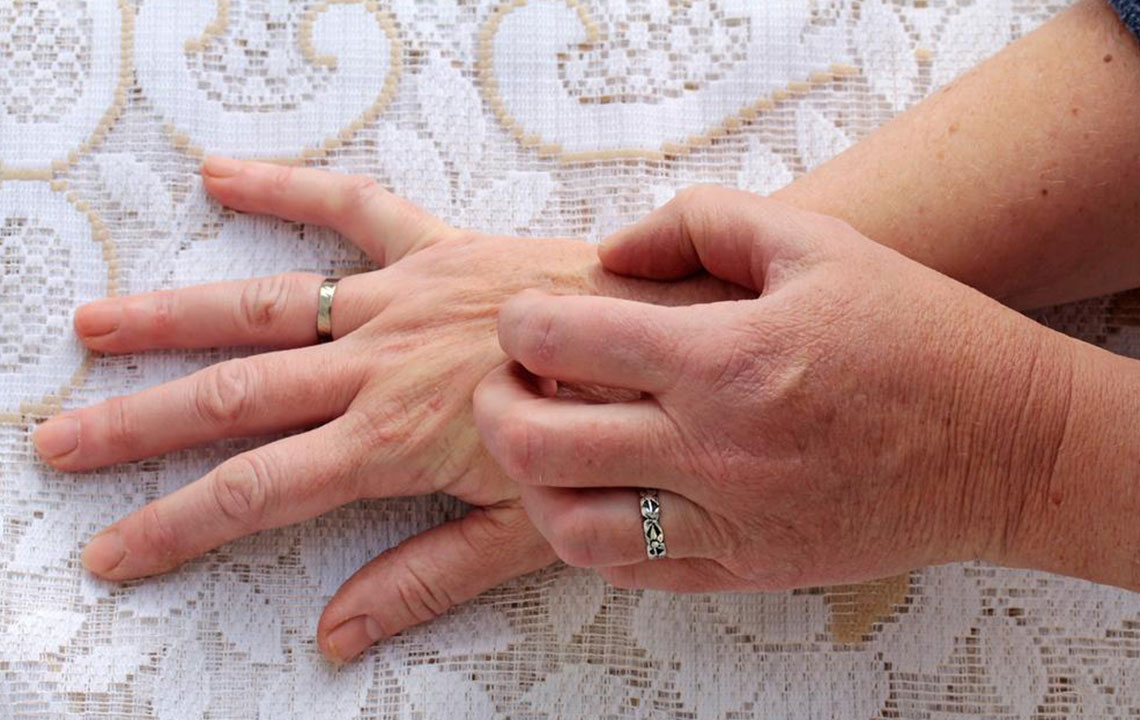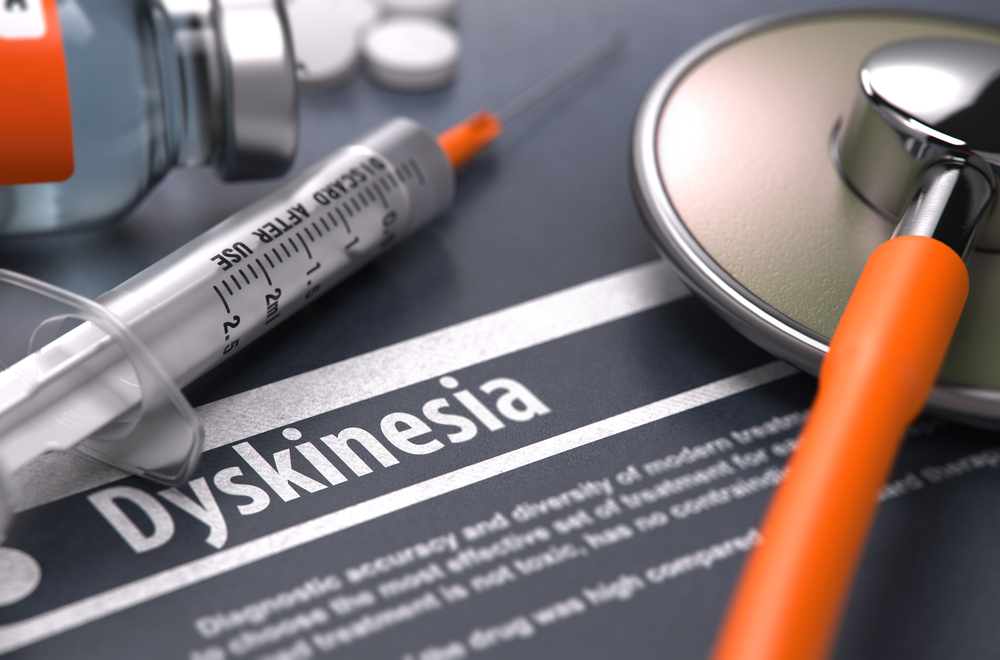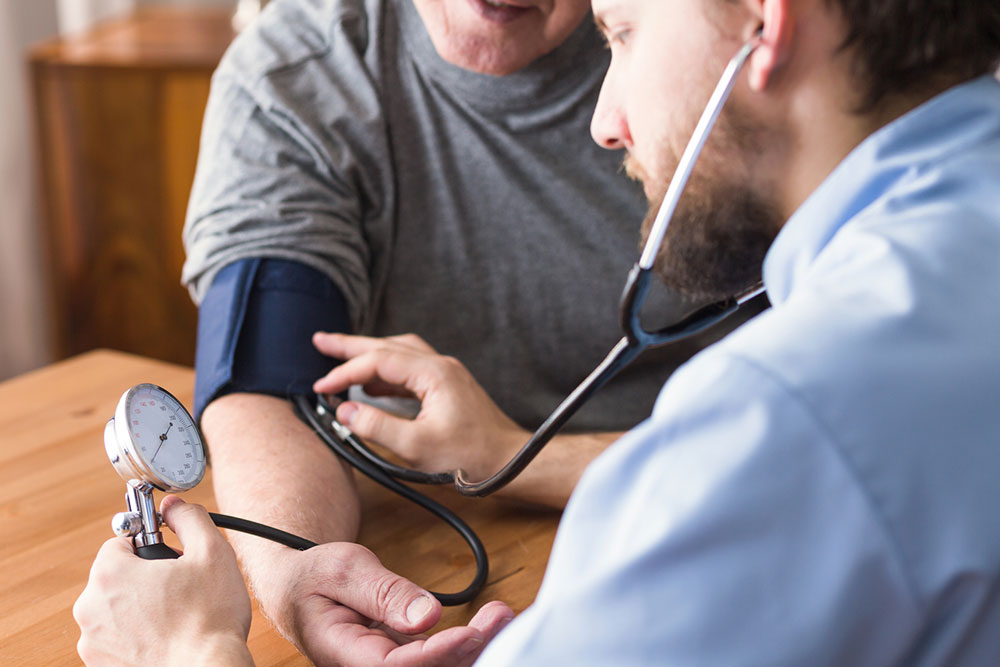Essential Insights Into Kidney Cancer: Causes, Symptoms, and Treatments
This informative article covers critical aspects of kidney cancer, including early signs, diagnostic methods, and treatment options. It emphasizes the importance of early detection for better prognosis and offers practical advice on prevention strategies like smoking cessation and healthy weight maintenance. Understanding these key points can help individuals seek timely medical attention and improve outcomes in managing kidney cancer effectively.

Key Facts About Kidney Cancer
Kidney or renal cancer ranks among the most prevalent cancers affecting men and women today. The most common subtype is renal cell carcinoma (RCC). Fortunately, early detection often prevents the disease from advancing or spreading to nearby organs. Recognizing early signs is vital for timely treatment and improved survival chances.
Learn about symptoms, diagnosis, and treatment options for kidney cancer.
Are kidney lumps an indicator of cancer?
One hallmark of RCC is the development of an abdominal mass, often felt on the sides, back, or abdomen.
Since the kidney is deep inside the abdomen, early symptoms are often subtle or unnoticed.
Approximately 45% of RCC patients notice a firm lump in their abdomen.
Diagnosis may involve ultrasound scans or CT imaging, with biopsies confirming the presence of cancer.
Is unexplained weight loss linked to renal cancer?
Indeed, sudden weight loss can be an early sign of kidney malignancy.
As the tumor spreads, loss of appetite and unexplained fevers are common symptoms that worsen overall health.
What are the main treatment options?
Treatment depends on cancer stage, type, and patient health.
Surgery is frequently used to remove tumors from the kidney.
Often, additional therapies complement surgery, as complete removal is challenging.
For non-surgical candidates, radiation therapy uses high-energy rays to destroy or hinder tumor growth.
Other options include chemotherapy and targeted drug treatments.
How can kidney cancer be prevented?
While prevention isn’t guaranteed, risk reduction is possible.
Not smoking significantly lowers kidney cancer risk.
Maintaining a healthy weight helps reduce susceptibility.
Managing high blood pressure and minimizing exposure to industrial chemicals further decrease risk.
If symptoms such as lumps, weight loss, or unusual fevers occur, prompt medical consultation is essential. With early detection and lifestyle modifications, kidney cancer can be effectively managed and controlled.
Keywords: kidney cancer, RCC, symptoms, diagnosis, treatments










